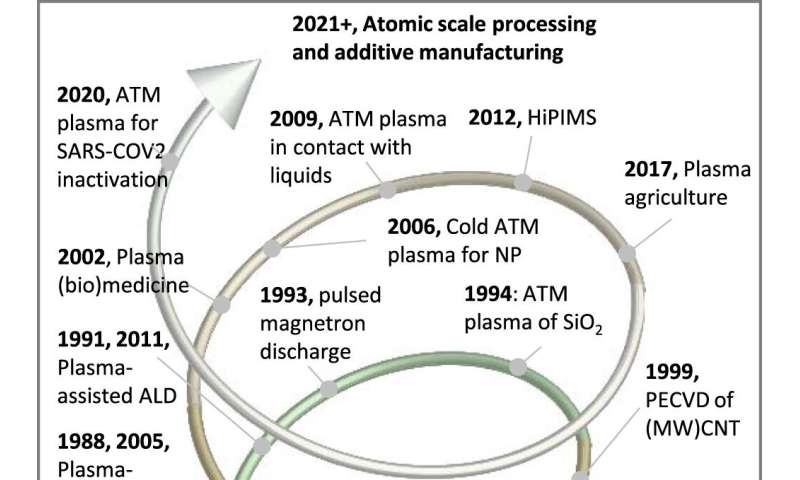Chemist recognized as a pioneering woman in fuel cell research

Chemist Deborah Myers of the U.S. Department of Energy's (DOE) Argonne National Laboratory was recognized as a pioneering woman in the field of fuel cell research in the Journal of Physics D: Applied Physics.
The article, titled "The 2022 applied physics by pioneering women: a roadmap," is intended to "celebrate women's accomplishments, highlight established and early career researchers enlarging the boundaries in their respective fields, and promote increased visibility for the impact women have on applied physics research."
The roadmap recognizes Myers' contributions to fuel cell research and development. Specifically, she was a pioneer in using advanced techniques such as synchrotron X-ray scattering to study polymer electrolyte fuel cells.
Such fuel cells are attractive as alternatives to conventional power systems for transportation, portable power and stationary applications. They can convert the chemical energy of hydrogen into electricity with no on-board undesirable emissions and high efficiency. What's more, hydrogen for the fuel cells can be produced from water by electrolysis, a technology Myers is also studying.
Nanoparticle catalysts are used in these fuel cells and in water electrolyzers to drive the reaction of hydrogen with oxygen to produce electricity and water and to drive the reverse reaction to produce hydrogen.
"My Argonne colleagues and I were the first to use X-ray scattering to understand the performance degradation due to the growth of nanoparticle catalysts in an operating polymer electrolyte fuel cell," Myers said. "We used the world-class beamlines at the Advanced Photon Source to examine the growth of nanoparticles over time and how different cell conditions affected this process."
The data collected through these experiments led to the development of stable fuel cell catalysts that were incorporated into such technology as hydrogen fuel cell cars.
Myers joined Argonne in 1989 as a postdoctoral appointee in the Chemical Technology division's Aqueous Corrosion group. Following her postdoctoral appointment, she joined the division's Fuel Cell section where she worked on a variety of projects related to materials development and characterization to improve the performance and durability of fuel cell and hydrogen production systems.
More information:
Begoña Abad et al, The 2022 applied physics by pioneering women: a roadmap, Journal of Physics D: Applied Physics (2023). DOI: 10.1088/1361-6463/ac82f9
Provided by Argonne National Laboratory